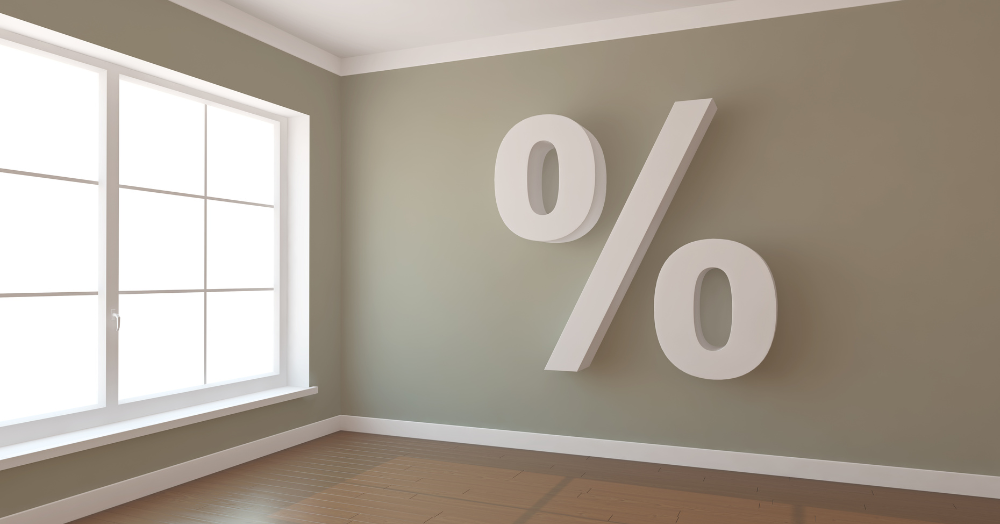Did you buy a home in 2020, after the lockdown when the market began to go crazy? Then you need to read this article!
The property market has been very busy for a few years now, with prices reaching record highs and properties being snapped up quickly. Many of you will have experienced bidding wars and overbooked viewing slots if you've tried to buy a property during this time.
Despite economists predicting a considerable market reduction when the country went into lockdown in 2020, we saw quite the opposite once those lockdown restrictions were lifted, with a keen appetite from buyers to buy new homes.
After an initial minor hiccup with mortgage lenders, loan products became readily available to these buyers and property prices began to rise. At this point, the Bank of England base rate was still at an all-time low, so mortgages and loans generally were relatively cheap.
If you were one of those buyers that purchased a property early in this boom period, shortly after the lockdown was lifted, you might now be coming to the end of your initial 2-year fixed term with your mortgage.
Most mortgages are offered with a period that you are tied to that lender, and, in return, the lender fixes the rate of interest that they charge you. This is often for two years, although some lenders offer a fixed rate for up to 5 years.
So what happens next?
If you opted for a 2-year fixed term and bought a property shortly after lockdown restrictions lifted, you may have already been notified of your new monthly mortgage payment.
If you do nothing, your mortgage payments will continue to be charged, but they will change to the standard variable rate (or SVR). This is usually a set percentage above the Bank of England base rate set out at the beginning of your mortgage agreement.
Over the past few months, the Bank of England has been increasing the base rate of interest, and we are now up to 4% (as of 2nd February 2023), the highest that the base rate has been since October 2008.
What does this mean to you? Your standard variable rate amount was set when the mortgage was agreed upon when the base rate was not so high. This could mean that your variable rate is VERY high, and your monthly payments could skyrocket when your fixed-rate period ends.
What can you do? You should be looking to remortgage before the fixed rate ends, and mortgage lenders will look at new deals a few months ahead of the end of your fixed rate. This way, you could transfer to the new agreement quite close to the end of the old fixed term, minimising the length of time that you are paying the variable rate.
There is no need to worry, but you must consider your rates, so you're not surprised by a hefty increase to your monthly payment when the term ends.
On the plus side, if you need to remortgage soon, the likelihood is that the property values continued to rise after your purchase, so the property should be worth more now than it was when you bought it. This means that the amount of equity you have in the property will be higher. Therefore the loan-to-value ratio will be more favourable. You might even decide to borrow more against the property thanks to the increased value.
If you want to know how much your home is worth, contact our team of experts for an up-to-date property valuation.

